
End stage renal disease (ESRD) refers to the failure of the kidneys. ESRD will require one to bring about some change in one’s life, but treatment and relative recovery is more than possible. Our kidneys help us to cleanse our blood, and also serve to produce vital hormones that keep us healthy. If the kidneys fail, your body will experience high blood pressure, waste buildup, fluid retention and low red blood cell production.
Treatment
Hemodialysis helps clean and filter our blood, thus ridding our body of waste products. The procedure can also help manage our blood pressure and maintain proper internal chemical balance. During this procedure, a filter known as a dialyzer is used to clean our blood. Blood travels through tubes connected to a machine and then into the dialyzer. At this stage, waste and unnecessary fluids are filtered out of the blood, which then flows back into the body. This treatment requires access to the bloodstream, in order to allow the blood to flow between the body and the machine.
The treatment can be undergone either in ones home or at a medical centre. It is usually performed thrice weekly and normally, the treatment requires assistance, so a nurse or partner should be present if one is undergoing dialysis. The process should take about 2-4 hours. Undergoing hemodialysis in a medical centre allows one to get help from trained professionals, but ones schedule must be arranged around that of the medical centre, so many people choose to undertake dialysis at home. This allows one to choose your treatment schedule and also avoids travelling time.Complications and Diet
Hemodialysis can lead to come complications. Some people might experience muscle cramps and hypotension. Hypotension refers to a sudden drop in blood pressure. Normally, hemodialysis will require a period of adjustment on the part of the patient.
One way to avoid the potential side effects of hemodialysis is to maintain a proper diet. Try to eat high protein foods such as meat or chicken. Animal protein is more valuable than vegetable protein. Be careful to limit your potassium intake. Too much can be harmful to the heart. Many fruits and vegetables, as well as milk, chocolate and nuts, are high in potassium content. Phosphorous is another mineral whose intake should be limited. Calcium can be removed from the bones if too much phosphorous is taken in. During dialysis, make sure not to consume too much fluid. Kidney failure can lead to rapid fluid buildup, which might cause high blood pressure and heart problems. Salt should be avoided as much as possible.


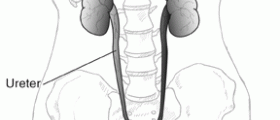

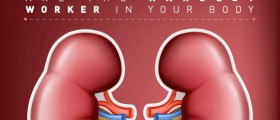
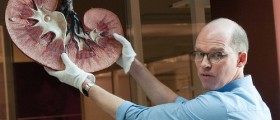



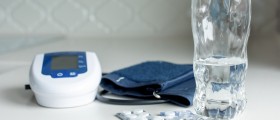
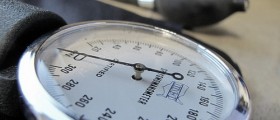


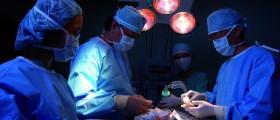
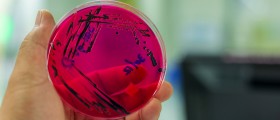


Your thoughts on this
Loading...